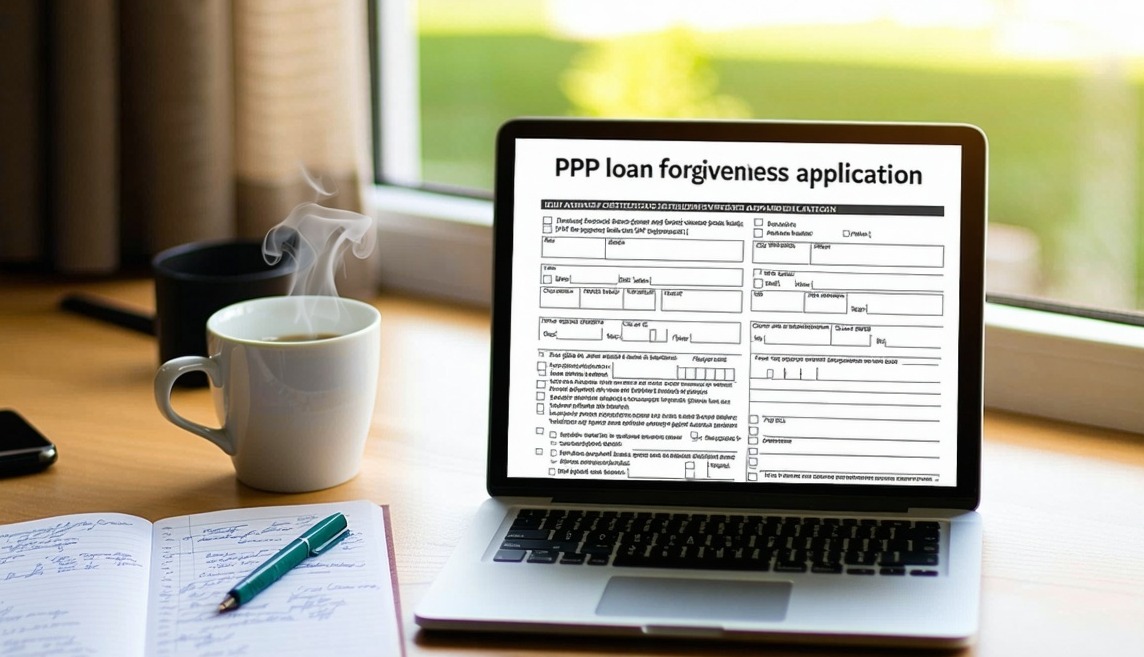1 min read
Paycheck Protection Program Flexibility Act of 2020
On June 5th, 2020 the Paycheck Protection Program Flexibility Act of 2020 was signed into law. The Act eases restrictions on how businesses can spend...
As a result of the COVID-19 pandemic a new type of business relief known as the Paycheck Protection Program (PPP), was implemented. Here is what businesses should know about PPP loans.
The CARES Act provides for potentially forgivable loans from the U.S. Small Business Administration (SBA).
Referred to as the Paycheck Protection Program (PPP), funds loaned under the PPP may only be used for the following items (although the Act does provide some exceptions):
UPDATE (12/05/2022): The Paycheck Protection Program (PPP) ended on May 31, 2021. Existing borrowers may be eligible for PPP loan forgiveness.
Companies looking for help with PPP loan forgiveness should contact PayNW today for help.

1 min read
On June 5th, 2020 the Paycheck Protection Program Flexibility Act of 2020 was signed into law. The Act eases restrictions on how businesses can spend...

1 min read
The Small Business Administration (SBA) released the Paycheck Protection Program (PPP) loan forgiveness application along with detailed instructions...
